Can’t pay your bills? Get a better job.
Getting a better job? Thanks, you just crashed the economy.
Welcome to topsy-turvy-Tory land – where it’s your fault you’re poor. And if you want to be unpoor? Well, that’s just ruddy dangerous.
Confused? Don’t be.
It’s that easy.
So thinks Tory MP Rachel Maclean, anyway – a real person who went on national TV on Monday and told people struggling with the cost-of-living crisis to just find better employment.
Or work more hours.
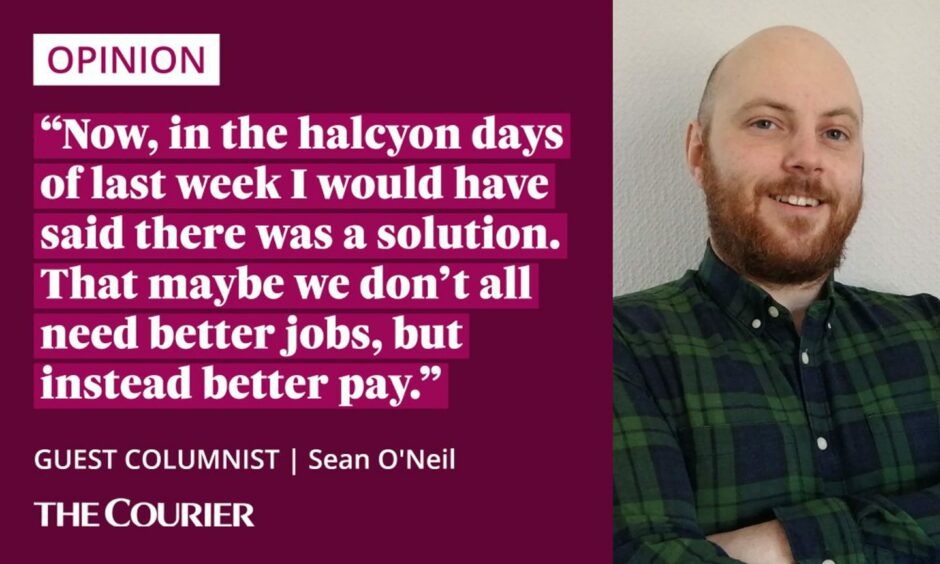
Just be less poor, you know. Figure it out for yourself.
It’s not up to Tory MP and actual government minister Rachel Maclean to have all the answers.
Or any answers.
Yeah, just not that good a job
But hey, before you rush off down the job centre – all you nurses and cleaners and carers and whomevers – reflect on this… do you really need more money?
Bank of England chief Andrew Bailey is worried, you see.
The £575,000-a-year man fears an influx of higher wages will send inflation and food prices soaring.
It’s the poverty paradox.
You can be badly paid and poor or better paid and still probably poor because of your better pay.
The Bank of England chief put forth the “apocalyptic” (his words) vision on Monday.
Yes – as Mr £575,000-a-year was addressing the Treasury select committee on the dangers of better jobs, Rachel from the government was out there telling everyone to get better jobs.
Which would be funny, you know, if it was funny.
But it’s not.
So what makes a job ‘better’, anyway?
Ordinary people are looking to the government for answers and instead they’re being met with utterly ludicrous, out-of-touch nonsense.
Or that government is actively voting against a windfall tax on the oil and gas companies that are seeing profits skyrocket as consumers cry into their fuel bills.
Either way, it shouldn’t need pointed out to an MP (though it apparently does) – but if it was possible for everyone to just ‘get a better job’ then literally almost everyone in the world would ‘have a better job’.
Minister: Rachel Maclean's word were mischaracterised.
Kay: How?
Minister: I didn't see the interview.
Here's what @trussliz had to say when we asked her to comment on her colleague's words from earlier this week.#KayBurley wx pic.twitter.com/29X2mtLysd
— Kay Burley (@KayBurley) May 18, 2022
Literally almost everyone.
And what of the jobs that Rachel doesn’t think good enough to be considered ‘better jobs’.
First of all, what are they? Are a lot of them the ones we considered essential not so long ago?
Jobs, I assume, that will still need done even after we all move to our better roles.
Rachel didn’t really provide any detail on that.
It shouldn’t be this complicated
Now, in the halcyon days of last week I would have said there was a solution.
That maybe we don’t all need better jobs, but instead better pay.
That no-one should be struggling with their bills if they work one, never mind multiple, jobs.
But then Apocalyptic Andy pulled the rug on that idea.
Higher wages are, in fact, not the answer – said the man earning £575,000 a year.
There are no answers. Not from this government.
Instead it’s go get a better job – but not so much better that it will make any discernible difference to your actual life.
And what kind of solution is that?

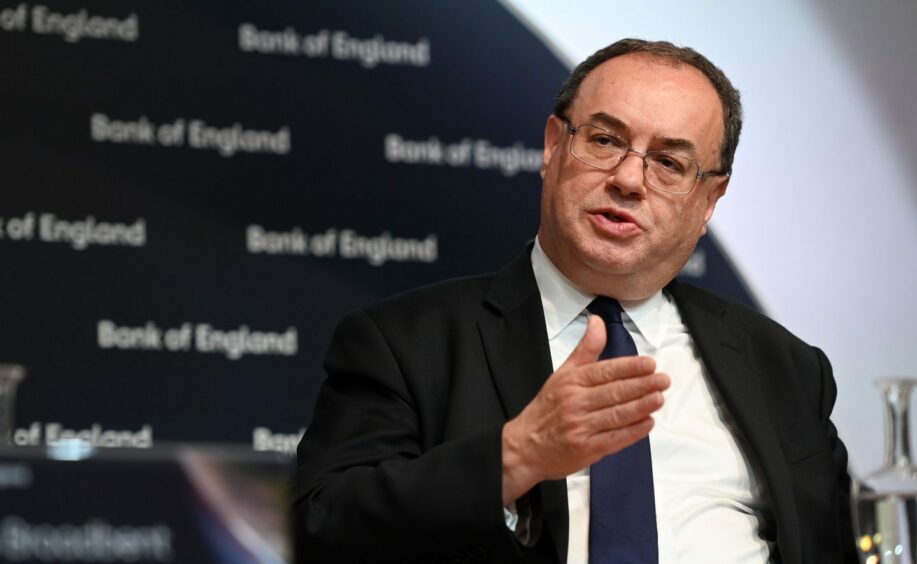
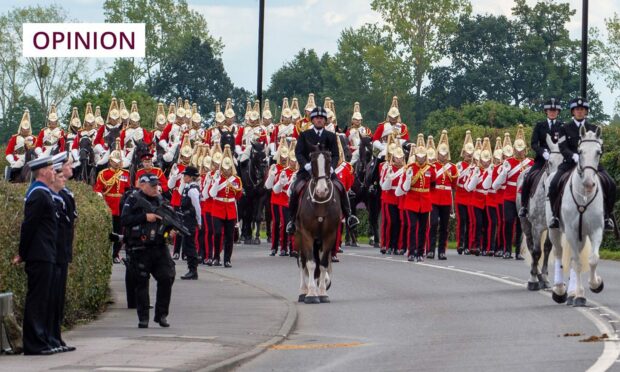
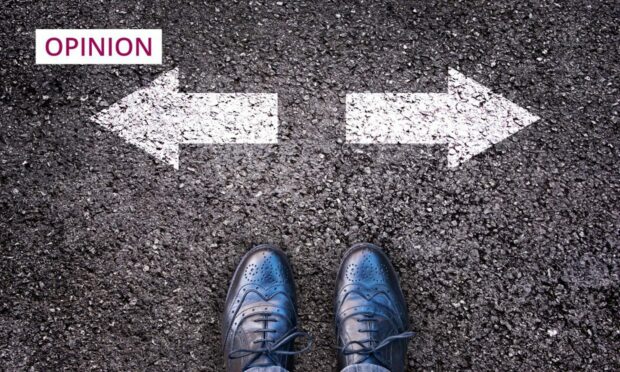
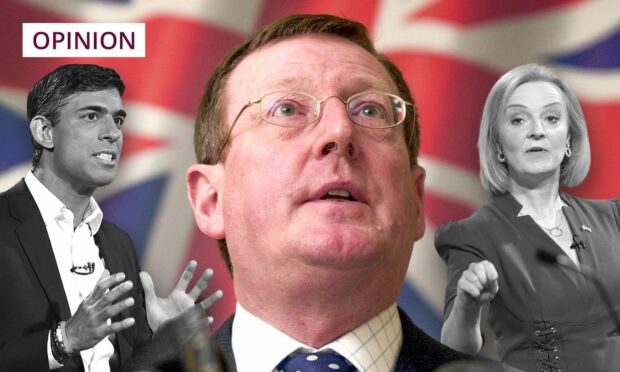
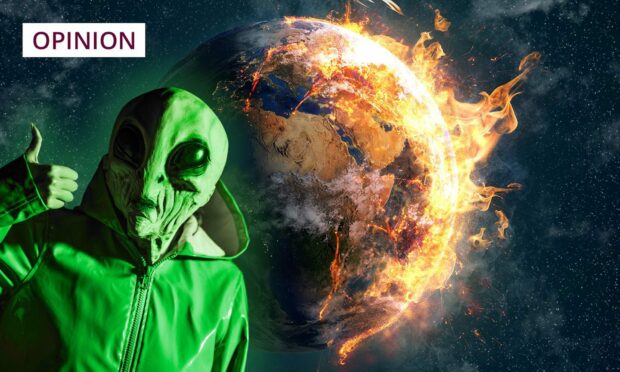
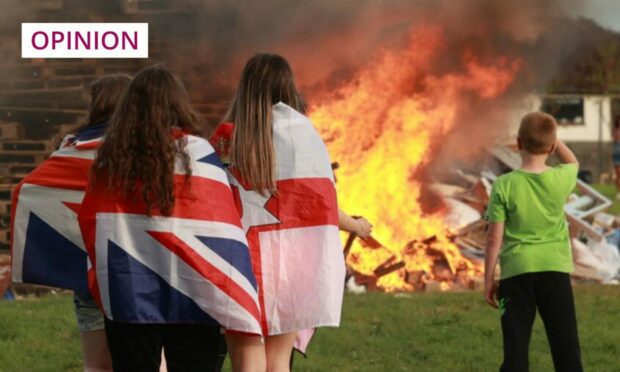
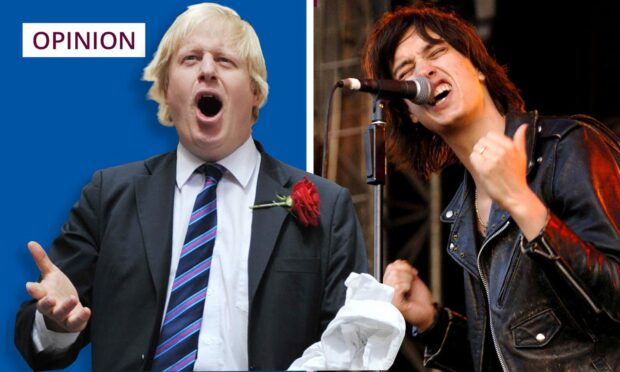










Conversation